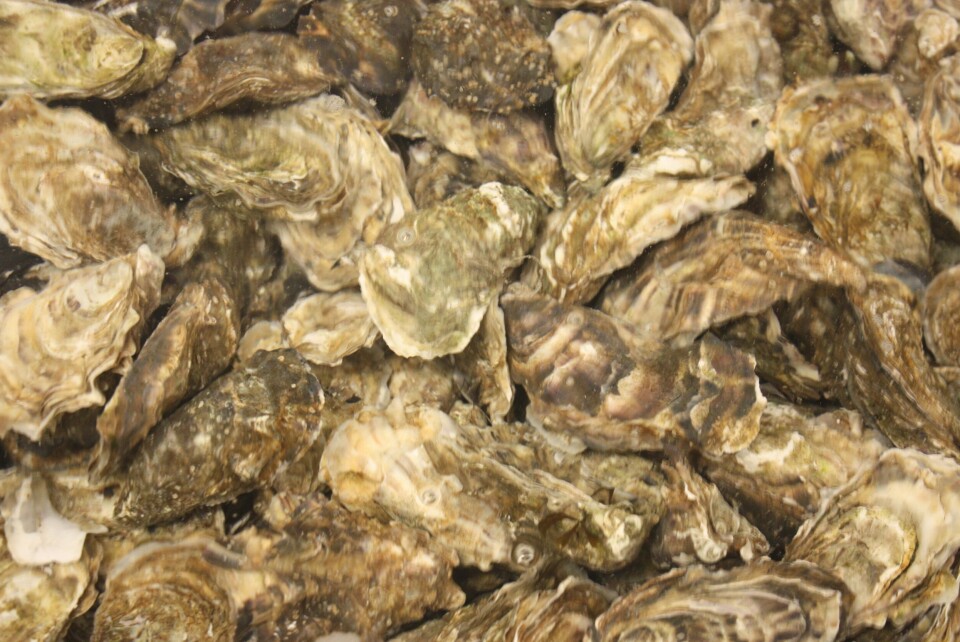
Bivalve depuration changes
Regulations regarding the depuration of bivalve molluscs in England, Wales, and Northern Ireland have been changed by the Food Standards Agency (FSA).
The main changes are:
- CEFAS will no longer provide assistance during EHO inspections.
- 'Conditions of approval' will no longer be issued for new establishments.
- The time of the depuration cycle may be reduced in some circumstances.
The legislation controlling depuration in the UK does not define the exact parameters that should be used to reduce levels of bacteria and viruses in the bodies of living bivalve molluscs.
Seafish, and others, using experimental first principles and observations, have established the optimum parameters that should allow live bivalve molluscs to purge themselves of certain contaminants, such as E.coli.
One of these parameters is the amount of time animals remain immersed in water whilst this water is continuously cleaned. The UK has maintained - to date - a minimum of 42 hours as residence time in this water. However, the new advice from the FSA allows Food Business Operators (FBOs) to reduce the residence time if they can justify it. This is only allowed through the approval of an Authorising Officer (AO), who is normally the local Environmental Health Officer (EHO) dealing with this sector of the seafood industry.
Industry members who wish to have a new depuration centre approved, or significant modifications made to an existing operation, should contact their local EHO and work collaboratively to enable the AO to understand their proposal. If a business cannot convince the AO of the case for change, the minimum depuration time will remain as before (at 42 hours).
Mandy Pyke, Regulatory Affairs at Seafish, said: "Seafish welcomes the FSA initiative which allows businesses to optimise their operations with the approval of their local authority. This in some cases may lead to increased throughput, reduced costs and more efficient productivity. However, it is important to note that there is no obligation to reduce depuration times and indeed, at some stage it may be wise to increase them."
"This change should not stop any FBOs carrying out enhanced purification, such as depurating for longer periods of time. The change should provide substantive benefits to those FBOs that are able to work collaboratively with their local EHO in reducing the depuration time for bivalve molluscs."























































